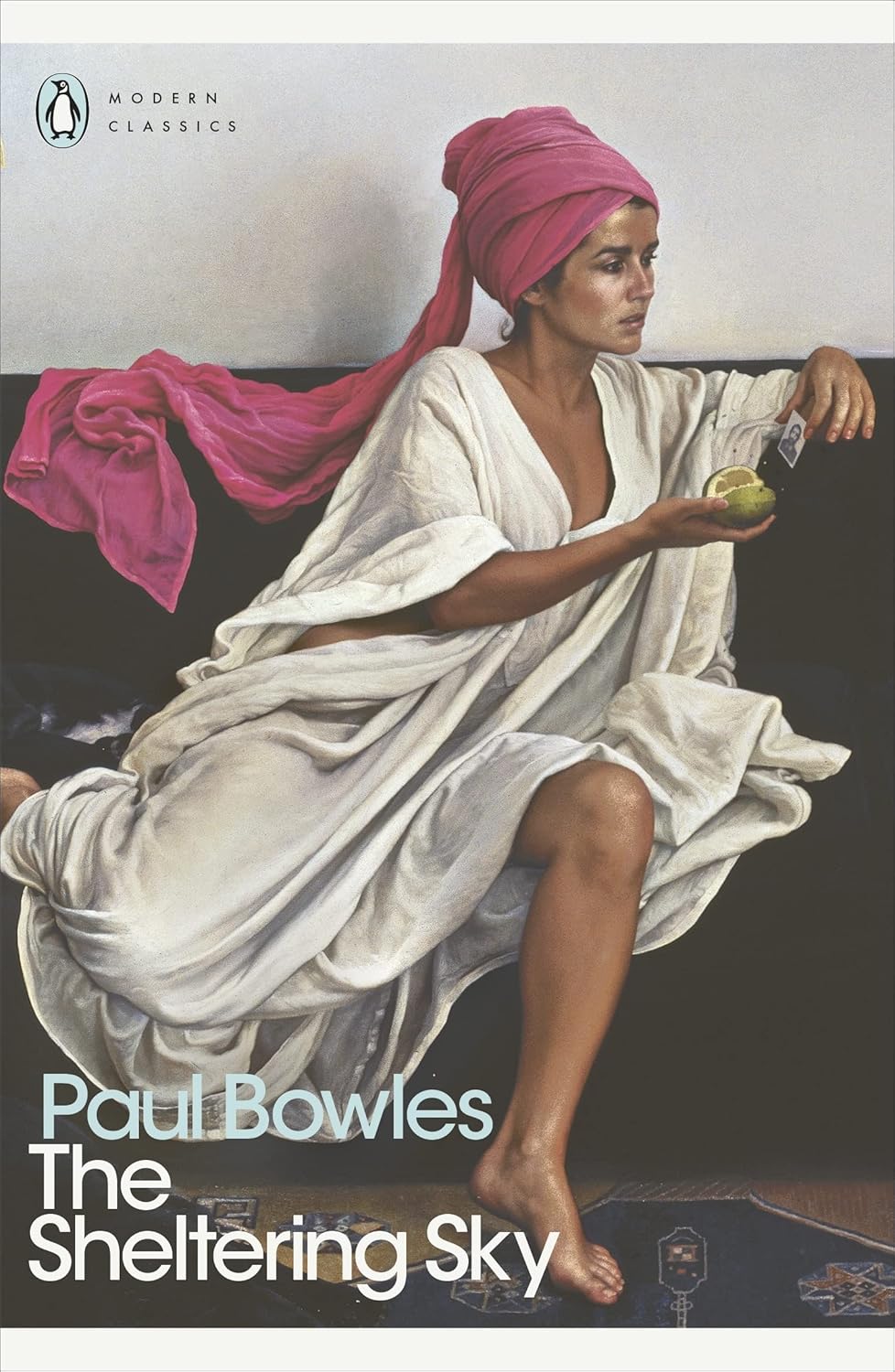Book of a lifetime: The Sheltering Sky by Paul Bowles
From The Independent archive: Joe Stretch returns to a novel written for people who’ve got the stomach for adulthood – those who can face the truth of life, love and loneliness

To talk about what The Sheltering Sky is won’t be easy for me. I don’t know what it is. I wish I could write about a novel I fully understand, but I can’t. Because although I’ve read The Sheltering Sky a number of times, I still can’t truly comprehend the power of Paul Bowles’s debut. I just know it’s magnificent.
When I first read it, aged 14, I dismissed it as an adventure story severely lacking in adventure. But then in my twenties an odd thing happened: I began telling people that The Sheltering Sky was my favourite novel. To some extent, I guess, it was bookish bravado. But it was also true. Though I hadn’t re-read it, I had changed my mind about it. Great books don’t just become memories; they become organs inside you.
A man and wife, Port and Kit, travel through north Africa with Tunner, a slightly buffoonish man invited, I think, to diffuse the tension between Port and Kit, whose sexless relationship can’t be called either “loving” or “loveless” – the book evades the language trap somehow.
In fact, Tunner’s presence completes a love triangle so tense and suffocating that the reading becomes painful, wonderfully so, particularly following the arrival of a darkly comic Englishwoman and her son – the dreadful, dreadful Lyles.
As the three travel deeper into Africa, further away from the New York intelligentsia, a delirium, a fever grips the novel and its characters. We recognise this fever as living. The Sheltering Sky is, I see now, the ultimate adventure story. “The sky hides the night behind it and shelters the people beneath from the horror that lies above.” If this is true, then Bowles peels back the sky in his novel, and for a second, we see what’s there.
He captures the daily loneliness of living and describes time, our saddest hallucination, better than anyone I’ve read. He lays the problem of lust and love bare in a series of brilliant scenes: Port’s late-night wandering and his tragic longing for a blind prostitute; Kit’s shocking surrender to the sexual domination of a stranger.
Tennessee Williams loved the book. He said it was the product of “the experience and contemplation of a truly adult mind”.
Bowles’s novel is for people who’ve got the stomach for adulthood. In it, inhabiting one’s skull and inhabiting the Sahara begin to feel like similar things. But in showing us the horror of life, Bowles also guides us back. Not with cheap consolation or a happy ending. Truth, in all its frightening, ungraspable beauty, is shelter.



Join our commenting forum
Join thought-provoking conversations, follow other Independent readers and see their replies
Comments